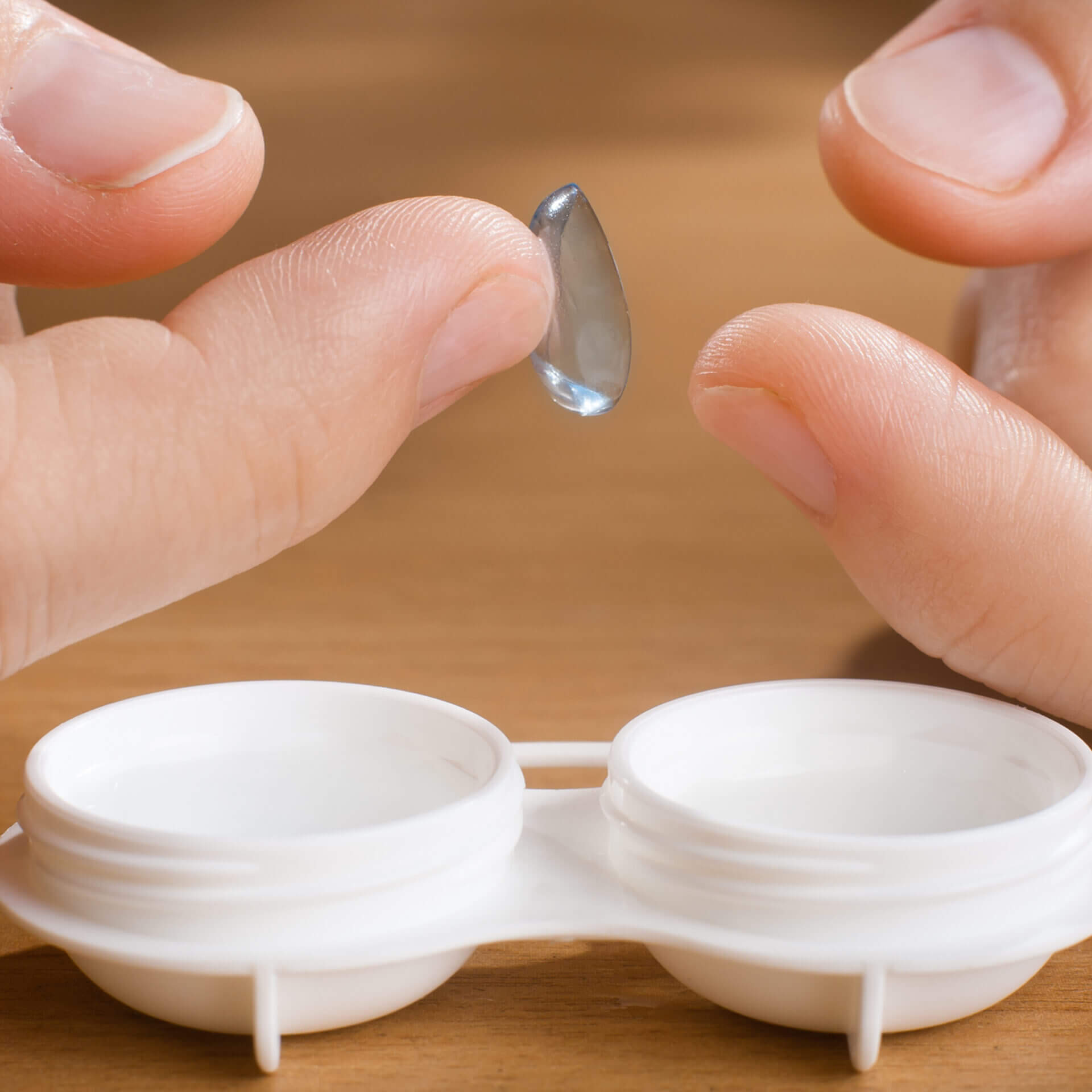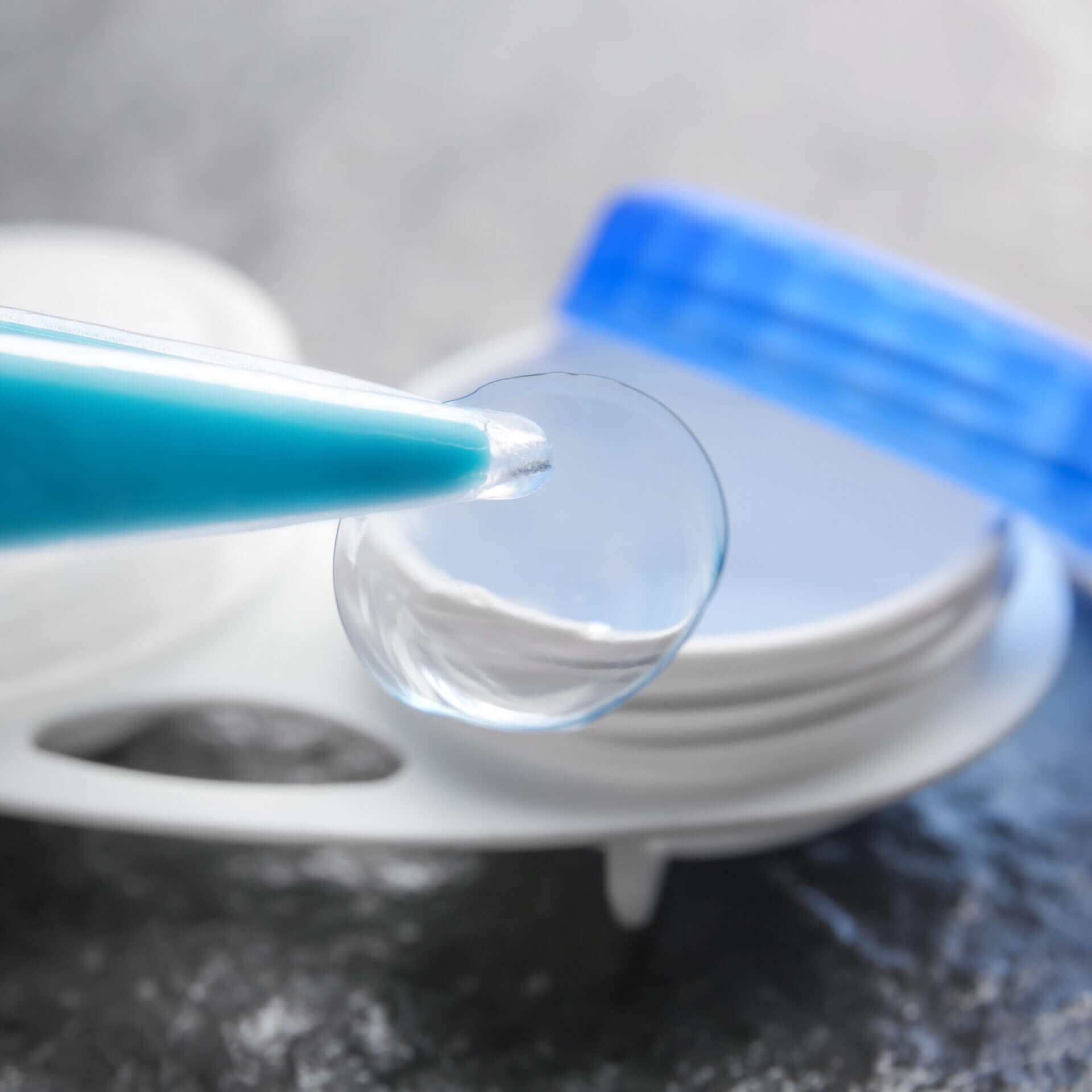Types of Overnight Contact Lenses
When it comes to overnight contact lenses, there are primarily two types to consider. Each type serves a specific purpose, and understanding the difference is crucial in making an informed decision.
Orthokeratology (Ortho-K) Lenses
Ortho-K lenses are designed to temporarily reshape the cornea, the front surface of your eye. These lenses are put in before going to bed, and while you sleep, they work their magic. When you wake up and remove the lenses, your vision is temporarily corrected, often to the point where you won't need daytime lenses or glasses.
Ortho-K lenses are particularly popular among individuals with myopia (nearsightedness), but they can also be used to correct mild astigmatism and hyperopia (farsightedness). The effects of Ortho-K lenses usually last for a day or two, requiring you to wear them every night for sustained vision correction.
At Amplify EyeCare, we offer specialized contact lens exams to determine if Ortho-K is the right choice for you. One aspect we consider is the corneal shape and thickness. Ortho-K is generally more suitable for people with a regular corneal shape.
A long-term study from 1997 to 2015 at three optometric centers in Barcelona followed 300 ortho-k lens users, 34% of whom were children aged 7-17. The average treatment duration was just over 3 years, with most using the lenses nightly. The lenses proved to be highly effective, with 96% accuracy in vision correction for adults and 89% for children. Overall, complications were rare and children had fewer issues than adults. Only one serious eye infection was reported, highlighting the relative safety of the treatment.
Extended Wear Lenses
Extended wear lenses are made from silicone hydrogel, a material that allows up to five times more oxygen to pass through to the eye compared to standard soft lenses. This breathability makes it safe to wear these lenses continuously, often up to seven days without removal. However, you'll need to consult with an eye care provider to determine the exact duration that's safe for you.
While these lenses offer the convenience of extended wear, they come with their own set of risks and benefits. For example, extended wear lenses may exacerbate dry eye symptoms or increase the risk of eye infections if not properly cared for.
Making an Informed Choice
When deciding between Ortho-K and extended wear lenses, multiple factors come into play. These include your lifestyle, current eye health, and specific visual requirements. For instance, people with hard-to-fit eyes might find Ortho-K more comfortable, while those who experience dry eyes may prefer the high oxygen permeability of extended wear lenses.
Understanding the types of overnight lenses available is the first step in choosing the right one for your needs. Both options have their merits and downsides, which we will explore further in the upcoming sections.


















